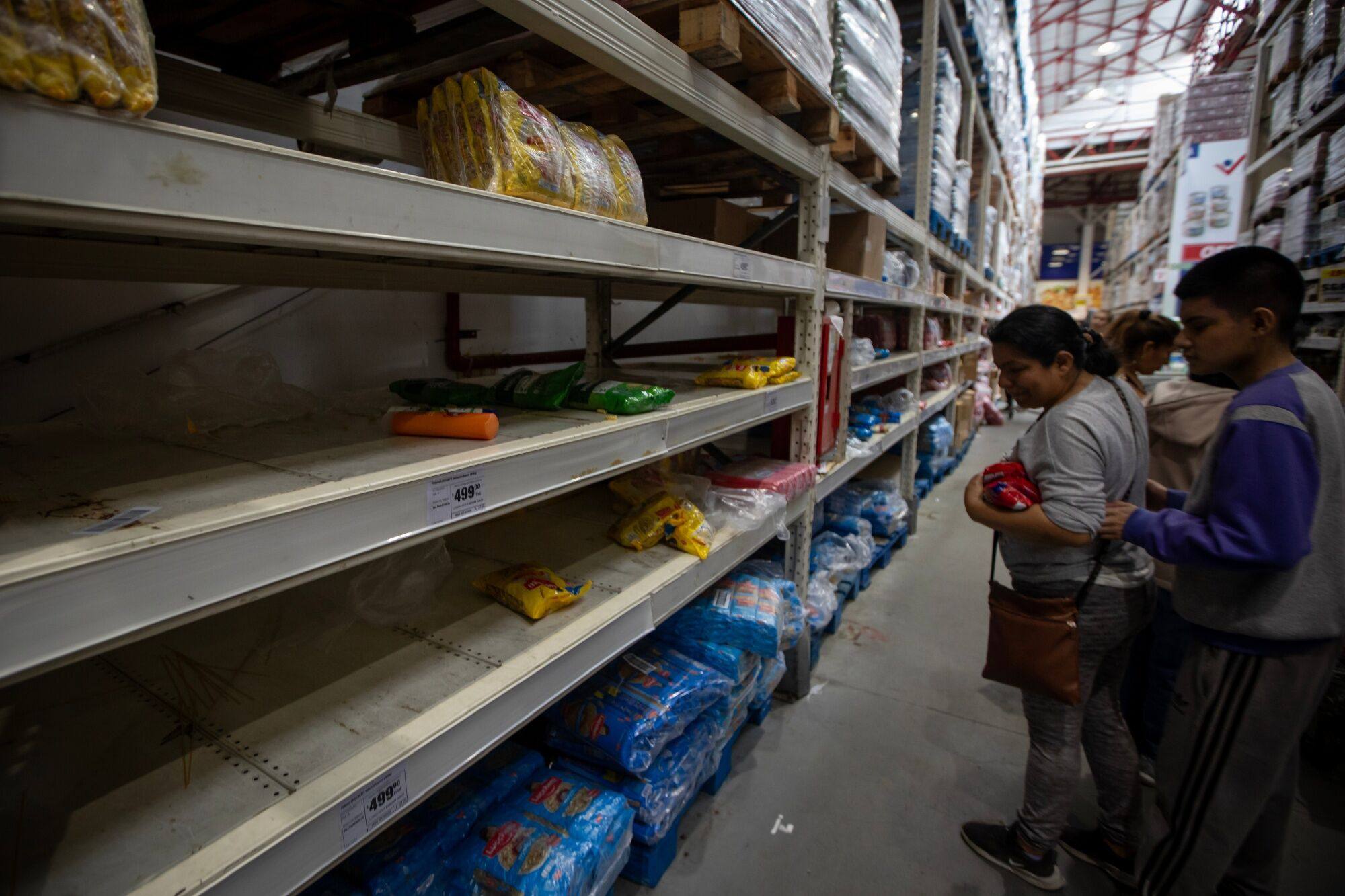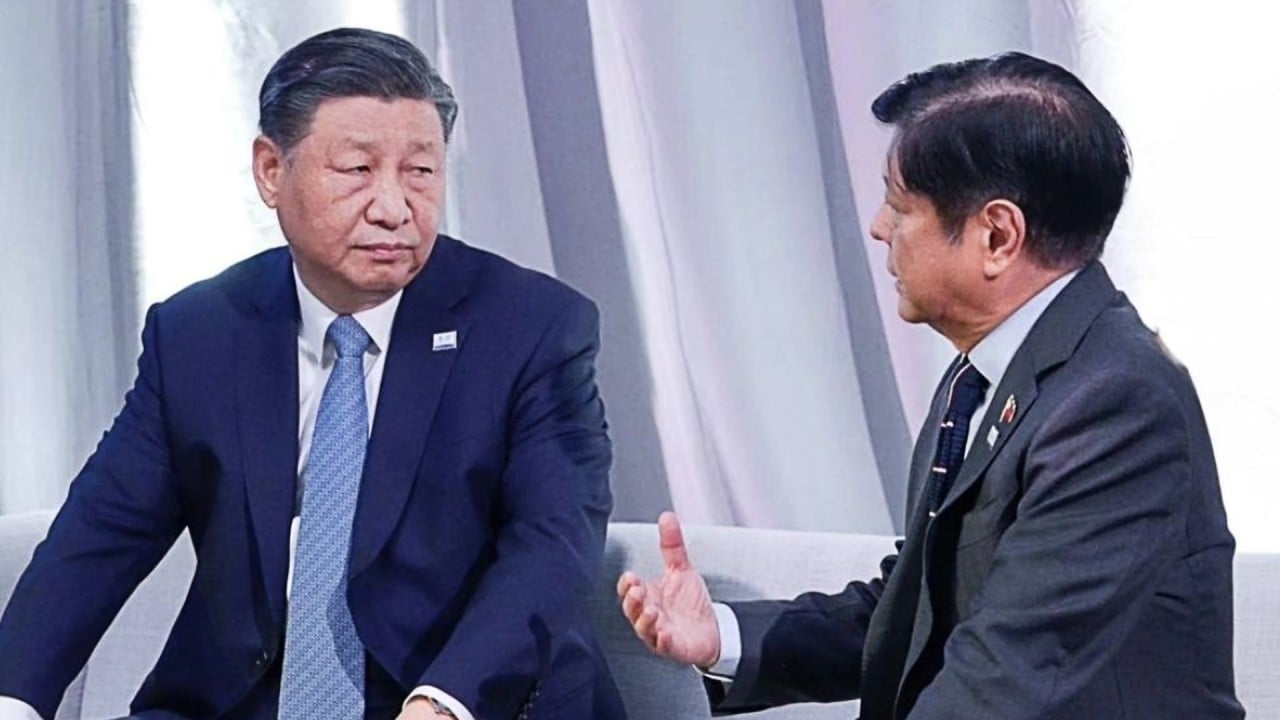The election of Milei changes the calculus. Will he want to “plug into” a common energy market or common currency? Or will he take an “Argentina first” approach?

The more the nation pursues its own ideas, such as handling trade independently, instead of through a bloc, the more it could create friction between Argentina and Brazil, the region’s two largest economies. This would risk splitting Latin America, as nations either pick sides or also adopt the Argentinian model.
Finally, the United States. All of Milei’s proposals, if implemented, will indirectly move Argentina closer to the US and the Western world. Perhaps this is the new geopolitical strategy of Buenos Aires, to align with the West, with what it considers to be like-minded nations. Does this make Argentina the new beachhead of the West in Latin America?
Why Argentina election could shake China-Latin America relations
Why Argentina election could shake China-Latin America relations
Alongside this, closer relations with the West would point to great power competition reaching the shores of Latin America, as nations such as the US and China, and in Europe, compete for regional power and clout.
What does this all mean? First, Milei’s election is part of the shaping of a global consensus on whether the geopolitical status quo is working for everybody. For Argentina, clearly, it is not. And, Milei’s ideas could be echoed throughout the world, creating a domino effect of nations unhappy with how the world is functioning.

Second, Milei’s push to reassert Argentina’s sovereignty and national borders is likely to fragment an already fragile region and world: from China being out, to the US being in. Everybody else, from governments to businesses, will have to grapple with this fragmentation, as it bites into everything from economic flows to technological advancement.
Amid US-China rivalry, third actors will try to maximise their gain
Amid US-China rivalry, third actors will try to maximise their gain
Lastly, nations are redesigning their trajectories at the speed of light. Changes that used to unfold over decades are now taking place in years. New national politics is redesigning the alignment, allegiances and attitudes of countries, often in the most unexpected ways.
All of this points to Milei’s election being not just about Argentina, but also about the state of the world. Some might interpret it as a one-off event, a glitch in an otherwise stable system. Others, however, might see the election as a referendum on whether the current design of the world – from paradigms to protocols – is still effective.
If the latter turns out to be true, then Milei’s election might be only the first of many such elections, upending geopolitics in a way few are ready for.
Abishur Prakash is the founder of The Geopolitical Business, an advisory firm in Toronto


